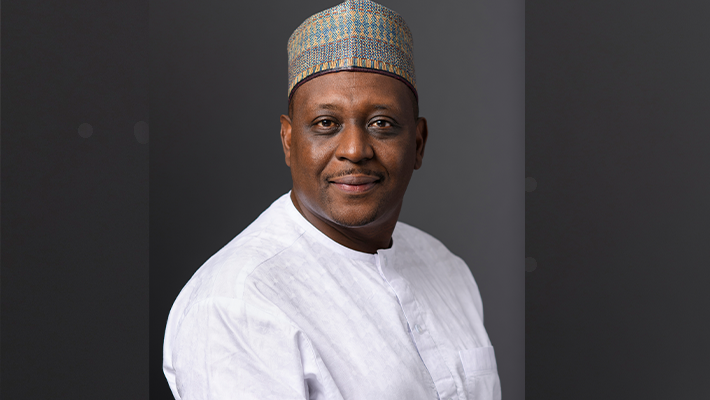By Muhammad Amaan
The Federal Government of Nigeria has announced transformation of the healthcare delivery system, focusing on governance, primary healthcare enhancement, local production and national health security.
Coordinating Minister for Health and Social Welfare, Professor Mohammed Ali Pate said this on Thursday in Abuja at the Fifth Legislative Summit on Health.
The summit had the theme: “Improving Legislative Stewardship and Accountability for Universal Health Coverage.”
Prof. Pate highlighted the need for the Nigeria Health Sector Renewal Investment Initiative to tackle the country’s pressing healthcare issues.
“A People’s Voices Survey with 2,500 participants indicated widespread dissatisfaction with the healthcare system, citing disease burden, affordability and quality of care.
“Despite significant spending, health outcomes are not meeting expectations compared to countries with similar or lower investment levels,” he said.
The minister said that the survey identified maternal, new-born and child health issues, infectious diseases such as malaria, tuberculosis and HIV, and the rising prevalence of non-communicable diseases as major concerns.
“Only 37 per cent of Nigerians were somewhat satisfied with the current healthcare system, and 20 per cent were very satisfied,” he said.
He said that the challenges included high costs, low government revenue and fragmentation across federal, state and local governments.
He stressed the importance of mobilising resources, prioritising healthcare at all levels, and enhancing the impact and transparency of regulatory bodies such as National Agency for Food and Drug Administration and Control, and the Medical and Dental Council of Nigeria.
“Plans include expanding primary healthcare centres from 1,800 to 17,000 by 2027, and retraining 120,000 frontline health workers.
“Revitalising federal institutions and teaching hospitals to focus on specialised treatment and promoting local production of pharmaceuticals and medical devices are also key objectives.
“An MOU with Afreximbank for a billion dollars in private sector financing has been signed to support these initiatives.
“Strengthening the NCDC, improving surveillance systems, and maintaining strategic stockpiles are also part of the strategy,” he said.
Special Adviser to the President on Health, Dr Salma Ibrahim Anas said that the Renewed Hope Health Agenda of the Tinubu administration emphasised governance, addressing workforce shortages, sustainable health financing, and improving healthcare delivery.
The adviser said that the agenda also focused on maternal, new-born and child health, adolescent health, elderly care, and achieving self-sufficiency in medicine production.
Dr Walter Kazadi Mulombo, WHO’s representative in Nigeria, praised Nigeria’s commitment to UHC and the Health Sector Renewal Investment Initiative.
Mulombo called for increased government expenditure on health, reduced out-of-pocket costs, and greater private sector engagement for sustainable health improvements.




